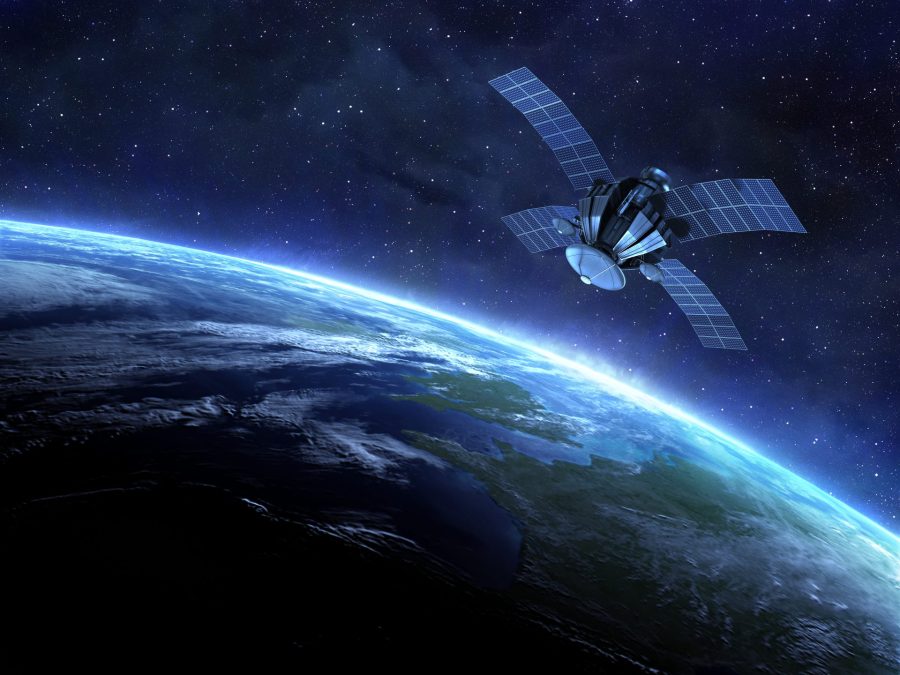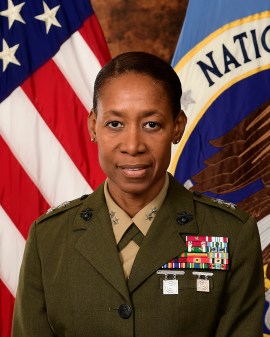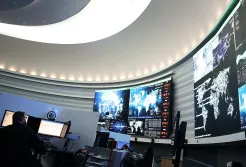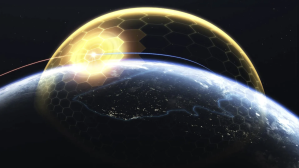Space Force taps 12 vendors to host future emerging tech experiments on orbit

The Space Force’s acquisition arm announced Thursday it has awarded 12 companies slots on its Space Test Experiments Platform (STEP) 2.0 contract focused on fast-tracking the service’s ability to buy space vehicles able to conduct science-and-technology demonstrations on orbit.
Under the newly established indefinite-delivery/indefinite-quantity (IDIQ) contract, the commercial vendors will be able to bid on efforts over a 10-year period to build satellites and integrate them with experimental technologies for demonstrations. The STEP 2.0 contract has a ceiling of $237 million, and the Space Force expects the first delivery order to begin in January 2026, according to Space Systems Command (SSC).
The service released a request for proposals for the STEP 2.0 program in May 2024, and noted that it was looking to leverage proven space vehicles developed by the commercial space industry.
Vendors selected for the program represent a mix of traditional primes, defense newcomers and academia: Axient, Blue Canyon Technologies, General Atomics, Lockheed Martin, Loft Orbital Federal, Lynk Global, Orbit Systems, Spire Global, Turion Space Corp., Tyvak Nano-Satellite Systems, Utah State University Space Dynamics Laboratory and York Space Systems.
“By leveraging commercially developed spacecraft and fostering industry partnerships, STEP 2.0 aims to accelerate the development of cutting-edge space technologies over the next decade for the DoD and their mission partners,” SSC said in a statement.
STEP 2.0 is housed under SSC’s Space Test Program, which supports the Pentagon and other federal agencies by conducting end-to-end demonstrations of emerging space tech. The new effort looks to fill gaps in the current program’s ability to rapidly acquire, launch and conduct S&T demonstrations, according to SSC.
“The DoD Space Test Program will gain measurable value from leveraging industry insights and capabilities to provide proven spacecraft to host the DoD’s next generation of space technologies,” Lt. Col. Brian Shimek, director of the Space Test Program, said in a statement.






